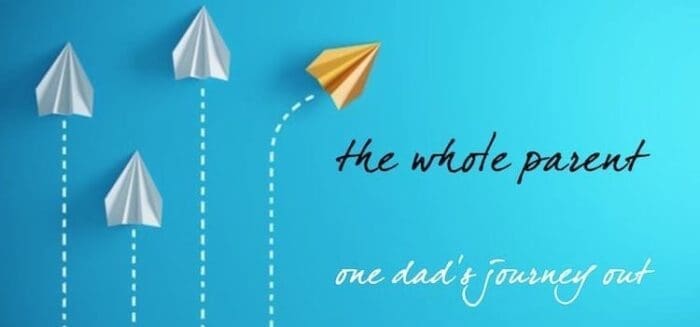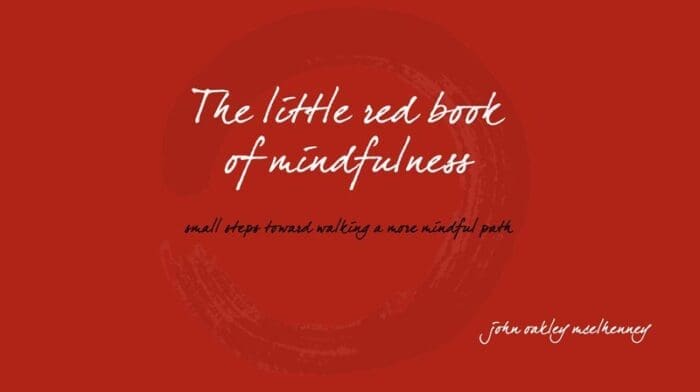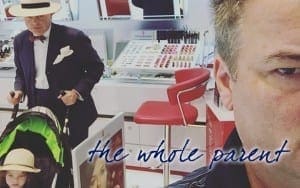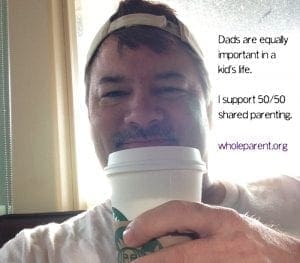Mindfulness is not hard to understand.
Understanding mindfulness is not mindfulness.
Practicing mindfulness in your daily life is a process, a habit, that once you embrace and understand can make significant improvements in your quality of life and even your health.
Understanding Your Flux
Over time, struggling with depression and flights of fancy, I have developed a scale for rating my energy/mood. 1 at the low end means depression in need of hospitalization or an intervention of some sort. 10 at the high end means about ready to jump off the planet and requiring, again, hospitalization or medical intervention. In my 60 years of life, I have experienced both. I am happy to report, however, that hospitalization (3 times) has not been required since my teens. It is not that I grew out of the risks, but I learned to moderate or tamp down on massive up or down swings in my life.
A few years ago, I drew out a scale that I could use to get a more accurate handle on any current mood. I was looking to define my swings to myself first so that I could then use the same information to explain it to my support team and family members.

What I have learned over the last few years, in managing my energy and mood, is that what I thought was my most productive creative mode, say an 8.5 to a 9.0 is actually not all that great.
Boredom vs Lack of Motivation
I have been exploring living in and loving myself, in the 6’s and 7’s. I thought I needed to be higher to be happy. I thought I needed rocket fuel to power my hopes and dreams. And much of my 30s and 40s were spent shooting off towards the moon but never reaching a high orbit of stability. What I usually experienced was an Icarus-like moment of bravery and then plummeting back into the ocean of despair.
I believed I needed to be higher to create great things. I believed life was boring when I wasn’t on a “creative high.” I believed that my creative output was a determining factor in my happiness or self-worth.
I have learned something more fundamental to my own happiness and success: I can be happy and productive at a 6. I’m still a bit worried about spending too much time at a 5 or 4. Those states to me, *feel* like depression. But my idea of depression is unique to my experience. Sometimes “meh” is just bored. I’m not depressed, I’m just not very inspired. Or (get this) I need a rest.
Not even an artist as prolific as Bruce Springsteen can go on forever without a pause. I would experience a quiet period and declare I was depressed. I may have just been refueling my jetpack. I may have been contemplating a new creative direction that had no momentum yet. And, of course, I may have been depressed.
But here’s the thing: not all quiet, calm, and restful moments are depression. Not all depression is toxic or bad. Sometimes, depression is just a lack of motivation with a stiff dose of boredom. If I’m tired, bored, and uninspired I might label myself as depressed. I might simply be tired.
New Self-Awareness
I remember a pivotal moment in a conversation with my therapist. My brother had recently died, and my mom and I had spent Christmas without grandkids (my kids) or my sister. In a session, I said, “Well, I’ve just spent the last three months under a rock. But I feel like I’m emerging from this depression.”
“Wait a minute,” my therapist said. “I’ve seen depression. And while you may not have liked it, you did not appear to be depressed to me. You showed up at every appointment, you completed your work assignments, and you even went on a few dates. That’s not what a depressed person looks like to me.”
I’d say I was at a low point for sure. But she helped me understand how different my scale was from most people who didn’t struggle with bipolar depression. “Most people never experience the same highs that you do,” she said. “And your 4 might look like someone else’s good day. You were not depressed. But, you obviously didn’t like where you were.”
From that point on, I’ve been exploring the idea that I don’t need to be at an 8.5 to feel happy. The bigger lesson, I don’t really want to get “high” most of the time. My “high” is exhausting. It’s hard on me and my body, it’s hard on the people around me, and it’s hard during the recovery phase that always follows rocket-fueled periods of creativity.
Today is different. I’d say, today, at this moment, typing this, that I am at a 6. I’m fairly neutral. I’m not trending in any direction, up or down. I’m simply being.
My creativity is up to me. My time is somewhat guided by my work, but I have plenty of free time in the near future. What I do with that free time is up to my energy and my motivation. The best part, is I am feeling no pressure to be super-creative, or super-productive. I am content.
Contentment. That’s a word I really need to lean into next. What does contentment mean? If I am content will I lose my drive and motivation? Is ambition the opposite of contentment? I’m interested to find out more.
Content at this moment, a work meeting in 30 minutes, and joy in my heart.
Namasté,
John McElhenney – life coach austin texas
Facebook | Instagram | @wholeparent
Table of Contents
-
- observer – pause (ghost on the ceiling + next right action)
- affirmations – changing your thoughts by prayer and repetition
- energy = mood – lessons in self-awareness and consumption
defining your scale – 1 (depression) to 10 (manic)- self-compassion – go easy on yourself during the hard times
- self-soothing – how you nurture and lift yourself back up
- listening with intention – give your attention to someone else’s pain
- up and out – interrupting sadness and loneliness
- defining a path – where do you want to go in your life
- refining your goals – along the journey it is important to reset
- full-stop reset – when everything feels out of balance
- resting in hope – hope is the key to unlocking energy and recovery
related posts:
- mindfulness < a new index of happiness and hope
- MNDFL + MFKR (You can be either, better to be both)
- “You Look Tired” Let’s Talk About Living Your Best Life
- Here and Now: Returning To Peace, Learning Patience
Here are my books on Amazon:
- Single Dad Seeks: Dating Again After Divorce: Advice and Strategies on Learning How to be Loved Again
- Fall of the House of Dad: My journey through divorce, from loss to joy, again and again
- A Good Dad’s Guide to Divorce: One father’s quest to stay connected with his children
- The Sex Index: Getting Our Love Languages Right in the Bedroom
- Here Comes the Darkness: Surviving and Thriving After a Mental Illness Diagnosis
- The Third Glass: When Drinking Becomes an Issue
- The Storm Before the Divorce: When One Parent Wants Out, That’s the End
 Now Available from Amazon
Now Available from Amazon




